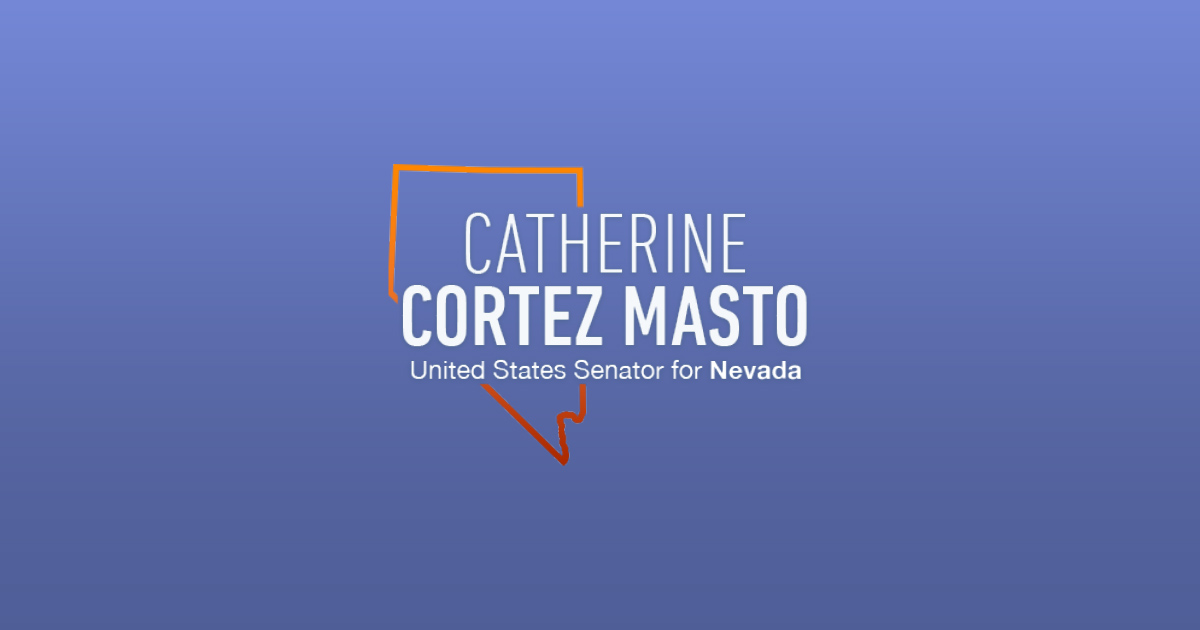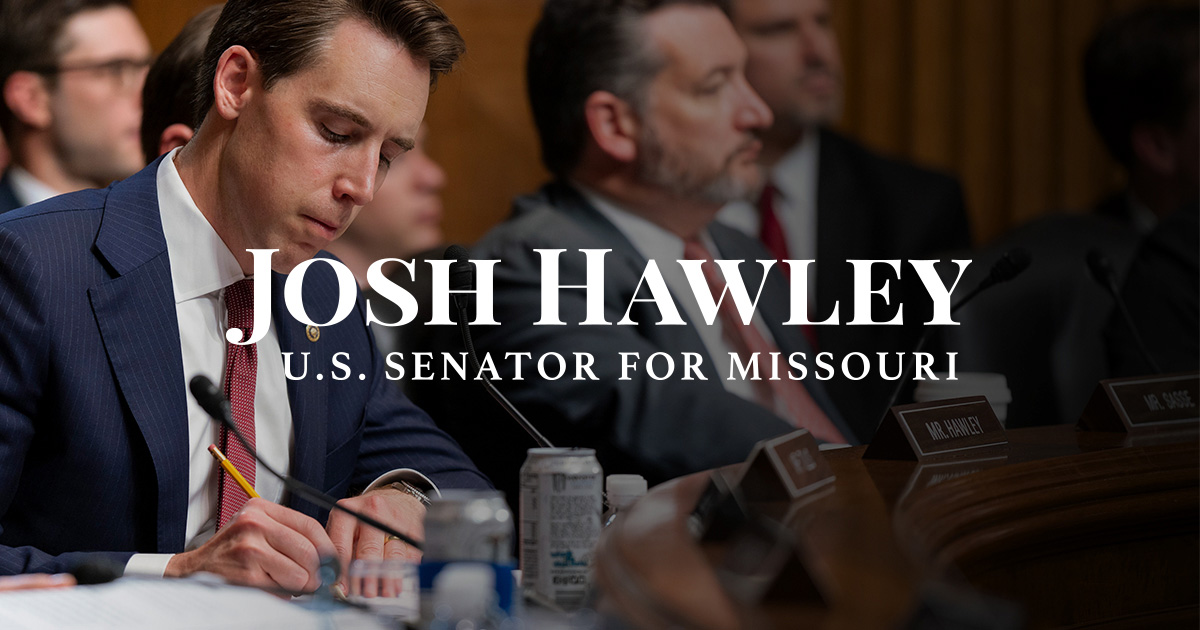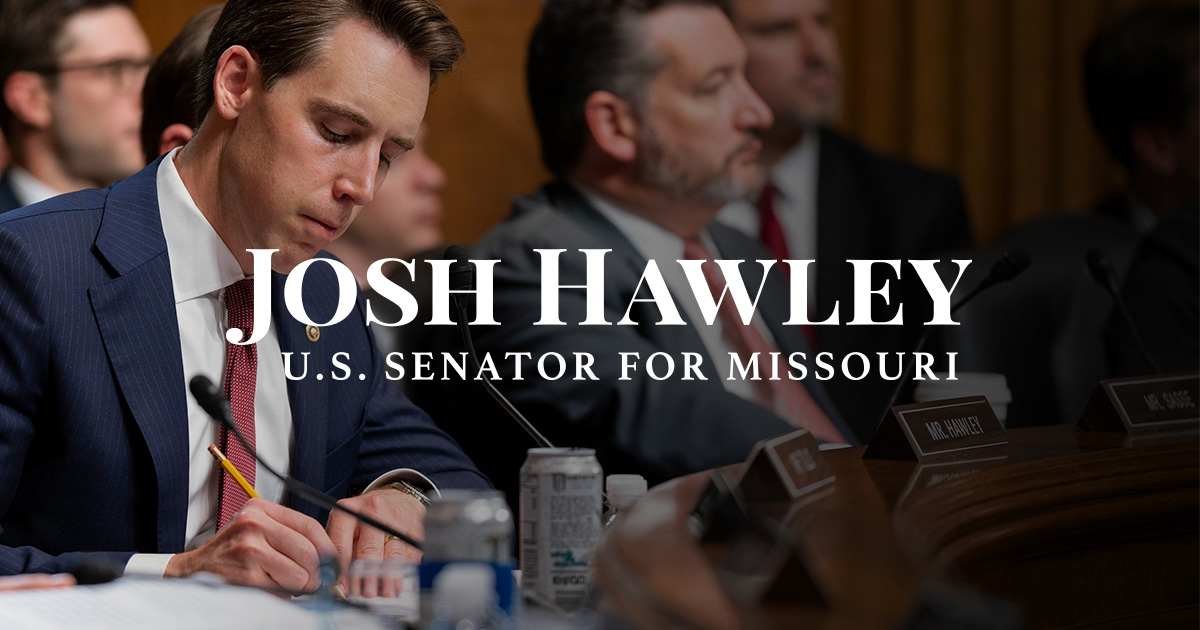Source: United States Senator for Nevada Cortez Masto
Washington, D.C. – U.S. Senator Catherine Cortez Masto (D-Nev.) voted to pass the National Defense Authorization Act (NDAA) for Fiscal Year 2023 and announced the Nevada priorities she helped secure in the bill. Senator Cortez Masto’s legislation to responsibly expand the Navy’s Fallon Range Training Complex (FRTC) was included in the final NDAA. In addition, Senator Cortez Masto worked so the bill includes additional support for Nevada military installations, pay raises for service members, improved access to quality housing for military families, and support for American allies and partners. The FY2023 NDAA also includes an important update to the Water Resources Development Act (WRDA) that Senator Cortez Masto secured to fund vital Lake Tahoe restoration projects and Western water infrastructure.
“I’ve always stood up for our service members and their families, and I’m proud I was able to secure critical provisions in this year’s final bill to support our military and improve our national security,” said Senator Cortez Masto. “This legislation includes measures I fought for to increase pay and benefits for service members and their families, maintain and improve Nevada military installations, support our allies, and secure a responsible expansion of the Navy’s Fallon Range Training Complex.”
The FY2023 NDAA includes a 4.6% pay raise for both military service members and Department of Defense (DoD) civilian employees, measures to improve the quality of military housing, and funding for weapons and defense systems to support our allies and partners, including Israel and Ukraine. In addition, the following legislative initiatives supported by Senator Cortez Masto were included in the Senate passage of the National Defense Authorization Act of 2023:
- Fallon Range Training Complex (FRTC) expansion.
- This agreement secured by Senator Cortez Masto will provide the Fallon Range Training Complex (FRTC) with an additional 558,535 acres for military training vital to our national security and designate over 581,887 acres of conservation, wilderness, and other protected areas. It also will hold a total of 18,170 acres of land in trust for the Walker River Paiute and Fallon Paiute Shoshone Tribes and provide the Tribes with vital funding to preserve their history, knowledge, and culture. Additionally, the agreement will allow Churchill County and Lander County to access land for economic growth.
- Support for Nevada’s military installations, including:
- $159 million for Naval Air Station (NAS) Fallon Military construction to modernize the base that trains our Navy’s Carrier Airwings.
- $18 million for the operation of the Army National Guard Harry Reid Training Center in Reno.
- $7.2 million for a dormitory at Nellis Air Force Base to address a housing shortage among junior enlisted service members.
- $62.6 million for the Nevada Test Site
- Legislation requiring the Secretary of Defense to conduct a study on opportunities for providing support services to Remotely Piloted Aircraft (RPA) crew, including those stationed at Nevada’s Creech AFB.
- Inclusion of Senator Cortez Masto’s priorities in this year’s Water Resources Development Act (WRDA), the text of which was included in the NDAA, allowing for:
- $50 million to support the U.S. Army Corps of Engineers’ (USACE) Lake Tahoe “108 Program” to assist with environmental infrastructure projects in the Lake Tahoe Basin.
- $415 million for the Western Rural Water program, which supports projects that provide safe water, waste disposal, and pollution control in rural communities.
- $25 million for a pilot program the Senator helped establish to address aquatic invasive species in Alpine Lakes such as Lake Tahoe, Crater Lake, and Yellowstone Lake.
Senator Cortez Masto is a champion in the Senate for our service members and their families, as well as our veterans. Cortez Masto has passed legislation through the annual National Defense Authorization Acts (NDAA) to help veterans exposed to Agent Orange get the treatment they need. As part of the NDAA of 2021, she secured measures to improve mental health services for members of the National Guard and Reserves, support veterans in getting the retirement benefits owed to them, and increase the transparency and efficiency of the Department of Defense’s TRICARE medical billing practices.
###







